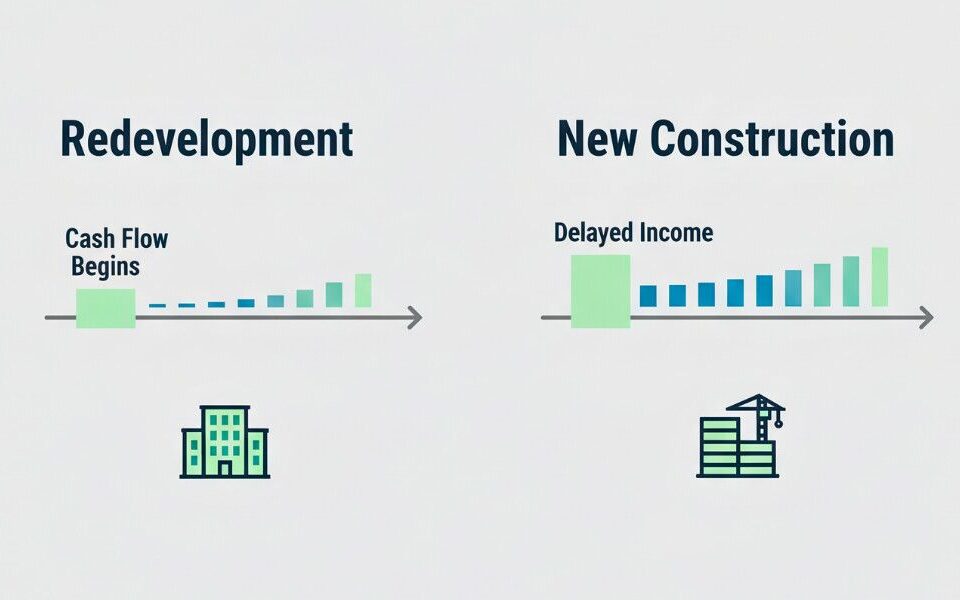Navigating Environmental Regulations in Commercial Real Estate

Navigating environmental regulations can be among the most complex issues in commercial real estate. Different types of commercial real estate are subject to differing laws and regulations. There’s much that investors and property owners need to know. This post provides a brief guide to environmental regulations for commercial properties.
The Basics of Commercial Real Estate Environmental Regulations
The Regulatory Landscape
There is a complex regulatory landscape with a wide array of agencies and laws for commercial property owners to navigate. At the federal level, there is the Environmental Protection Agency (EPA). They enforce broad environmental regulations, such as the Clean Air Act and the Clean Water Act. However, they delegate much enforcement and oversight to state agencies.
For example, if you operate in Arizona, you are subject to the Arizona Department of Environmental Quality (ADEQ). They oversee issues like air quality, water pollution, and hazardous waste management.
Beyond state and federal laws, commercial properties are subject to various local regulations. For example, properties in Lake Havasu City must comply with the city’s stormwater management program.
Key Environmental Assessments
Environmental due diligence is a crucial step in protecting your investment and ensuring compliance with relevant regulations. A Phase I Environmental Site Assessment (ESA) reviews a property’s history and includes a site inspection.
If Phase I reveals Recognized Environmental Conditions (RECs), the property may require a more detailed Phase II assessment. The second phase may involve soil and groundwater testing to assess potential contamination.
Along with protecting your investment, lenders often require these environmental assessments for commercial properties.
Tips For Ensuring and Maintaining Compliance
Property owners and investors must make compliance a key part of their operations. Failures can have significant legal and financial consequences. The following are tips investors and owners can use to ensure ongoing compliance:
- Learn About Regulations: Identify regulations and laws that apply to your property and operations, including federal, state, and local laws. Concerns may also vary depending on location, property type, and use.
- Professional Advice: Collaborating with qualified professionals can help ensure compliance and prevent potential issues. Local commercial real estate professionals can provide valuable advice and connect investors with relevant experts.
- Tenant Education: If your property has tenants, ensure they understand their environmental responsibilities. Owners should also outline the environmental responsibilities of both parties in commercial lease agreements.
- Environmental Audits: Schedule regular audits to review environmental policies and practices. It is beneficial to hire outside environmental experts to conduct reviews.
- Environmental Insurance: Some property owners may want to consider carrying environmental insurance as a form of financial protection. These policies can provide coverage for issues related to accidental contamination and other similar incidents.
- Maintain Documentation: Keep organized records of all environmental assessments, permits, inspection reports, and corrective actions. Good documentation can support your compliance efforts and provide a strong defense in the event of a citation or lawsuit.
Are you ready to invest in Lake Havasu commercial properties? Shuffler Commercial Realty is your expert guide to the local market. Reach out now to learn more about how we can help you succeed.




